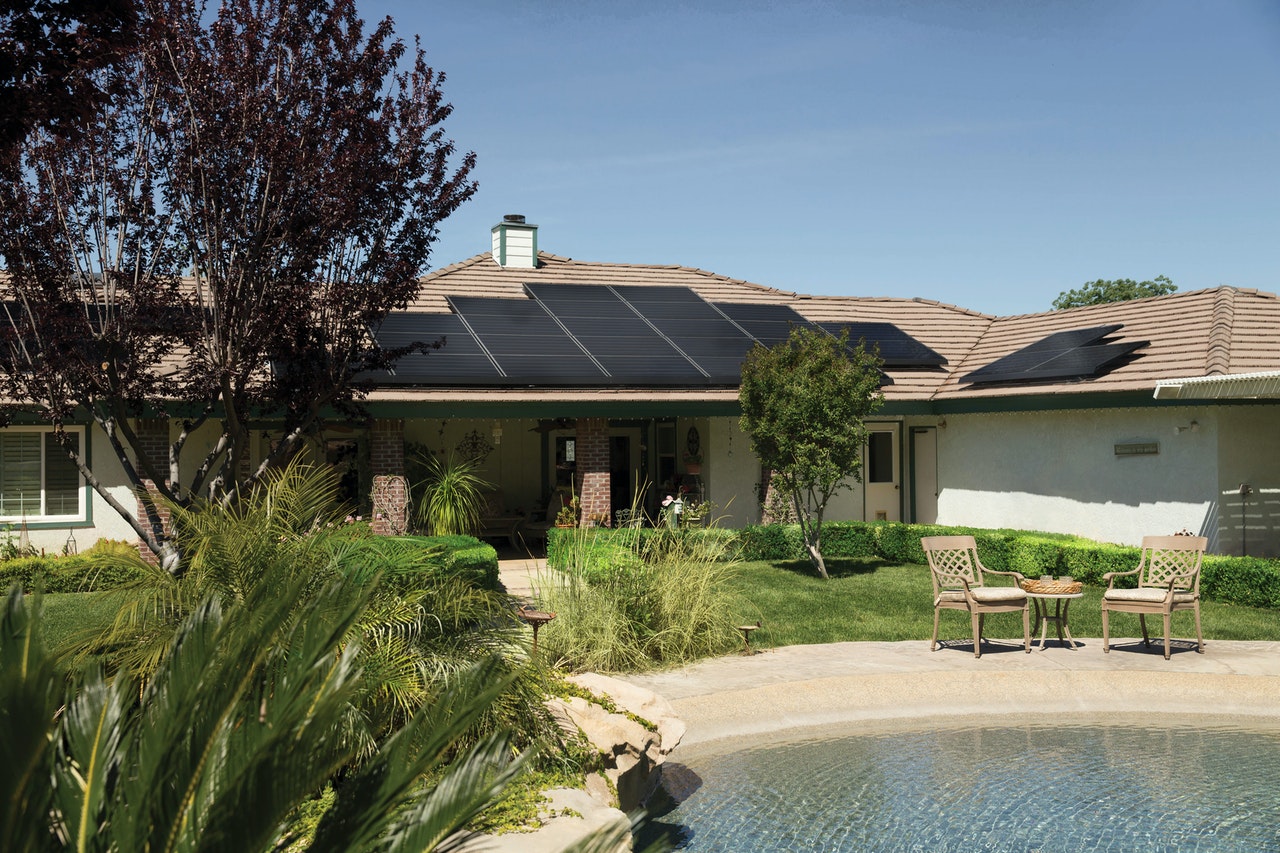
Solar energy has become increasingly popular in the last decade. So much so, that the US has already installed enough capacity to power 23.3 million American homes. If you’re ready to go solar, or even just a little bit interested in what’s involved, this guide will help make sense of some of the key solar energy options available.
Read on to find out how solar energy works, if your home is suitable for solar installation, and some quick tips you can start using today to make your solar home energy a reality.
How Does Solar Energy Work?
There are two main technologies that take the sun’s power and convert it into electricity.
The first is the one you likely see on most rooftops in your neighborhood or in fields: photovoltaics technology. When the sun shines onto the panels, photons are absorbed from the sun’s rays. This process creates an electric field across the panel’s layers and allows electricity to flow.
The second main technology is known as concentrating solar power. It’s used primarily in large power plants and usually isn’t appropriate for residential use.
Concentrating solar power uses mirrors to reflect and concentrate the sun’s rays onto receivers which collect solar energy and then convert it to heat. This heat can then be used to produce electricity.
Is My Home Suitable For Solar Home Energy?
Solar panels typically perform best on roofs that face south with a slope between 15 and 40 degrees. This is the best-case scenario but other roofs may be suitable too.
Solar panels are designed to work in most climates but there are some instances where a rooftop may not be suitable for solar power installation. If you have trees or taller buildings near your home that casts lots of shade on your roof, rooftop panels may not be appropriate. The age, slope, shape, and size of your roof are also important factors that you should consider before installing.
If a solar installation professional determines your roof is unsuitable for going solar, you can still benefit from solar energy. Community solar is another popular aspect of the solar green energy movement which involves multiple people benefiting from a single, shared solar array that’s installed either on- or off-site.
Solar Installation Tips
When you read about solar installation, the information out there can be overwhelming. Most importantly, it’s tough to know where to start. Here are some quick tips to consider when going solar:
- Always get help from a consultant
- Research as much as possible
- Make sure your chosen installer has the right licenses and insurance
- Brush up on your local building codes
- Investigate solar subsidies to help with setting up your budget
Going Solar: Is it Right For You?
There are many benefits to going solar from boosting the value of your home to cutting down the cost of your electricity bill. If solar home energy has caught your interest, head to our Home and Lifestyle section to read more about solar installation and how you can get started.




